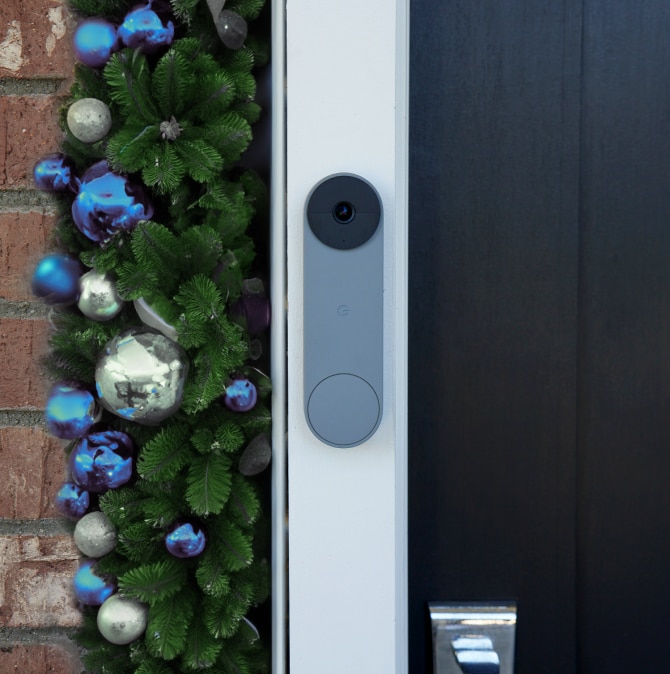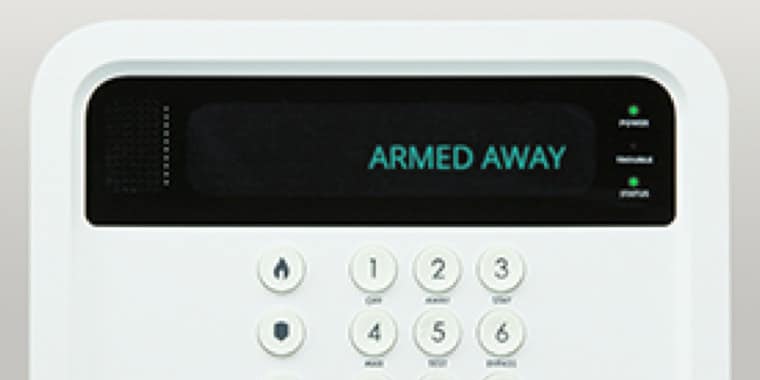
Deployment Checklist for Military Families
As Americans, we take a great deal of pride in our country and committed troops. That pride shows through our “Support Our Troops” bumper stickers and our American Flags that blow proudly in the breeze from our cars and houses. We know our soldiers put their lives and families on hold to defend this country. We are proud to be Americans.
Deployments take place frequently for military families and tend to turn their lives upside down. This Deployment checklist and basics in home monitoring and family safety will assist military families during these stressful and emotional deployments.
Frequent Moves
A civilian’s family life can be quite distinct compared to military families. Military families move regularly during deployments and it can take a massive toll on the entire family.
Military families tend to relocate two to three times a year. That adds up to about ten times more often than civilian families. Persistently moving your family around the country can be tiring and can sometimes lead you to be forgetful.
Your Deployment Checklist
Since military families are always on the move, it’s critical to your family’s well-being to have the appropriate documents in your possession during all transitions.
Follow this Deployment Checklist:
- Birth Certificates, Passports, Social Security cards for every member of the family. Adoption papers as well if have an adopted child.
- All medical history records for every family member such as shots, allergies, dental records, etc.
- Marriage Certificate, Divorce papers, and Death Certificates of any immediate family members.
- Visas, and citizenship papers if a member of the family was born outside the United States.
- All Real Estate documents: Lease, mortgage papers, insurance, and Deed to property.
- Automobile documents such as car title, insurance papers, lease, and registration.
- Copy of you and your spouse’s Will and your lawyer’s and next of kin contact information.
- Discharge papers and Leave Earning Statement.
- Income Tax papers.
- Any other valid contracts and current bills. Do not let changing the address slip your mind during the relocation. Cancel any unwanted subscriptions and local newspapers.
- Current address and phone numbers.
- Bank account numbers, credit cards, stocks, etc.
Store these documents in a sturdy portable safe. They can be easily transferred after the relocation to a safety deposit box or a larger vault.
Protecting Your Property and Home Safety Checklist
New technology in home monitoring has grown significantly in recent years. Remote access allows you to control your security system and utilities with your smart device from anywhere. Receive text and email alerts of any disturbances that take place. Remote smart locks assist the homeowner and house sitters without the hassle of key copies; as well as remotely arming and disarming the home security system wirelessly.
Does your family wish to see their home when they are hundreds of miles away? Video surveillance is a great tool for families that constantly travel. Watch live footage of your home online when you cannot always be there.
Wireless doorbells are completely changing how doorbells operate. With text alerts†, always know when someone rings while you are away. Outdoor video surveillance allows you to see an online live stream of who is at your door. Know if the house sitter is dropping by and needs the front door remotely unlocked, or track unknown visitors whilst they’re on your property.
While relocating your family during deployment, do not let basic home safety slip through the cracks. Follow this home safety checklist when moving into your new or temporary home.
Disclaimers:
[1] Source: U.S. Consumer Product Safety Commission (CPSC), November 2021.
[2] Source: National Fire Protection Association (NFPA).
[3] Source: U.S. Fire Administration (USFA).
[4] Source: PetMD, November 2019.




